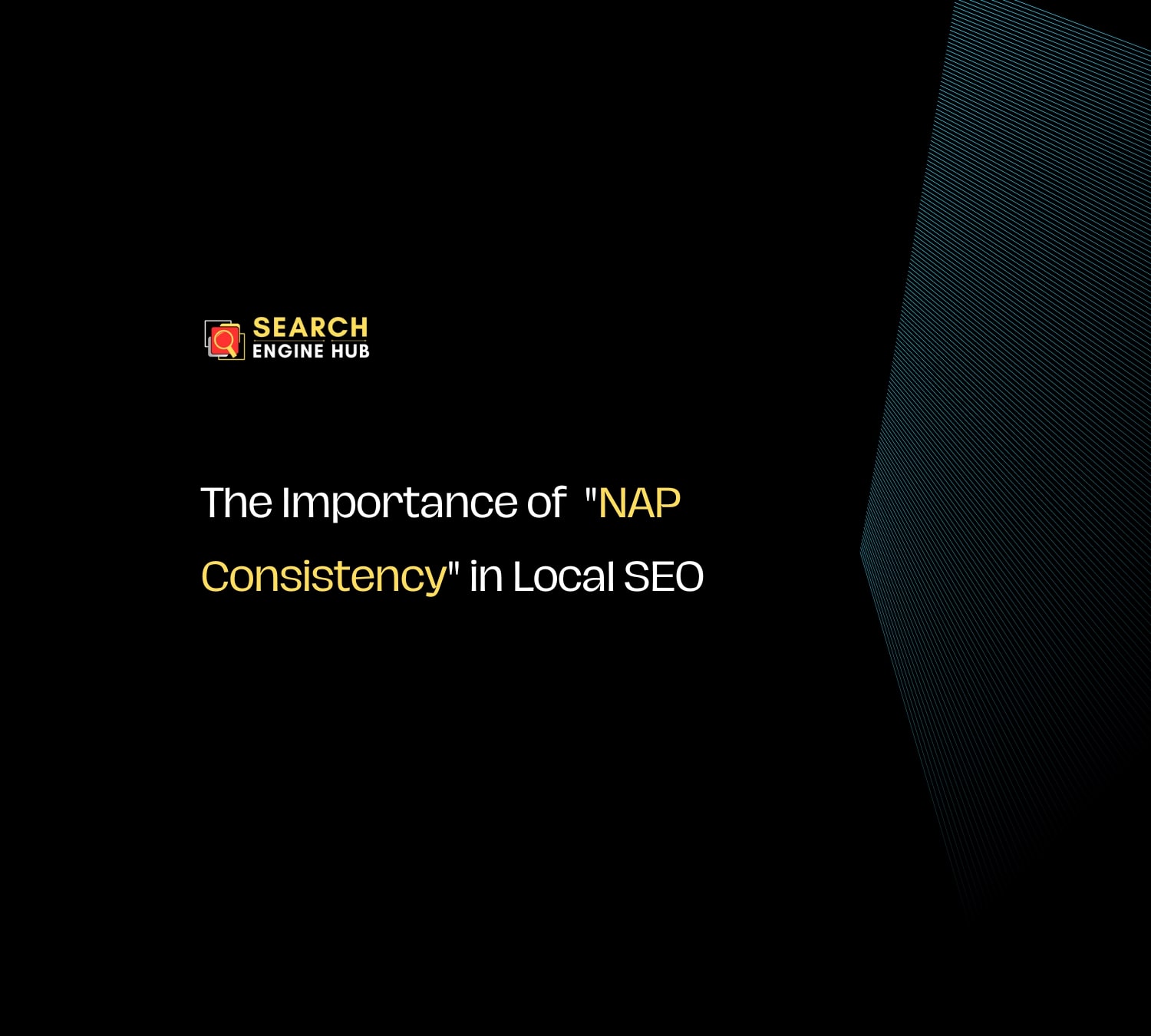Having a well-optimized website is essential for attracting relevant visitors and improving your online presence. SEO isn’t just about rankings—it’s about driving traffic that converts into customers or meaningful interactions. However, with ever-changing search engine algorithms, it can be challenging to know what steps to take.
From our professional experience, key strategies such as selecting high-intent keywords that align with your audience’s needs, structuring your content for better search visibility, and securing backlinks from credible sources deliver measurable improvements. These targeted actions not only boost your search rankings but also increase the quality of traffic to your site.
In this article, we’ll share practical SEO techniques that have proven effective in enhancing website performance. Whether you’re aiming to grow your visibility or attract more focused traffic, these strategies will help you achieve lasting success in your SEO efforts.
1. Conduct Comprehensive Keyword Research
Keyword research is the foundation of a successful SEO campaign. It involves finding the search terms your target audience uses to look for products or services like yours. Tools like Moz Keyword Explorer, Ahrefs, and SEMrush can help you find valuable keywords with good search volumes and manageable competition.
Here are some tips for successful keyword research:
- Before conducting keyword research, gain insights into your target audience’s preferences and search behavior. This knowledge will help you select relevant keywords that align with their interests and needs.
- Rely on various keyword research tools, such as Google Keyword Planner, SEMrush, Ahrefs, Moz Keyword Explorer, and Ubersuggest, to gather a comprehensive list of potential keywords and uncover hidden opportunities.
- Prioritize long-tail keywords, which are more specific and have lower competition. These keywords often lead to higher conversion rates and allow you to reach a more targeted audience.
- Study your competitors’ websites to identify the keywords they are ranking for. This analysis can help you find keyword gaps to fill and understand which keywords drive traffic and conversions in your industry.
- While keyword research is vital, always prioritize creating high-quality, relevant, and engaging content that satisfies your audience’s needs. A positive user experience is essential for better search engine rankings and overall success in SEO.
2. Create High-Quality, Engaging Content
Content is still the king in the digital world, and search engines prioritize websites that offer valuable and relevant information to users. Focus on creating well-structured, engaging, and informative content that addresses the needs and queries of your target audience. Incorporate your chosen keywords naturally into the content, avoiding keyword stuffing, as it can lead to penalties from search engines.
Here are some tips and guidelines to help you create top-notch content that will not only attract your target audience but also rank well on search engines:
- Conduct thorough research to understand your target audience’s preferences, pain points, and interests. Tailor your content to meet their specific needs and deliver value.
- Ensure that your content is well-researched, accurate, and up-to-date. Use reliable sources and cite them when necessary to establish credibility.
- Address the problems and queries of your audience by offering practical solutions and actionable advice. Position yourself as an authority in your niche and build trust with your audience.
- Make your articles easily scannable with headings, subheadings, bullet points, and short paragraphs. Use images and videos to enhance the overall reading experience.
- Don’t rely solely on search engine traffic. Promote your articles on social media, email newsletters, and relevant online communities to expand your reach and attract more readers.
3. Optimize On-Page Elements
On-page SEO is a critical aspect of your website’s overall search engine optimization strategy. By optimizing various on-page elements, you can significantly improve your website’s visibility and ranking on search engine result pages (SERPs).
Below are some tips and guidelines to help you effectively optimize these elements:
Meta Titles and Meta Descriptions
- Write unique and relevant meta titles for each page, keeping them concise and within the recommended character limit (usually around 50-60 characters).
- Include targeted keywords in the meta title to convey the page’s main topic to both search engines and users.
- Craft compelling meta descriptions that accurately describe the content of the page and entice users to click through.
- Use action-oriented language, calls-to-action, and highlight benefits to encourage higher click-through rates (CTR).
Header Tags (H1, H2, H3)
- Use header tags (H1, H2, H3, and so on) to structure your content logically. The H1 tag should be reserved for the main title of the page, while H2 and H3 tags can be used for subheadings and further divisions of content.
- Make sure to use relevant keywords in your headers, but avoid keyword stuffing. The headers should be clear and helpful for both users and search engines to understand the content flow. Learn more about common SEO mistakes to ensure your optimization efforts are effective and avoid potential penalties.
Image Alt Tags
- Include descriptive and keyword-rich alt tags for all images on your website. Alt tags provide alternative text for visually impaired users and help search engines understand the image’s context.
- Use alt tags that accurately represent the content of the image, rather than stuffing them with unrelated keywords.
- Optimize image file names to be descriptive and relevant to the image’s content, as this can also positively impact SEO.
Additional On-Page SEO Tips
- Create clean, concise, and keyword-rich URLs that reflect the page’s content. Avoid using long strings of numbers or irrelevant characters in the URL.
- Ensure that your website loads quickly to provide a better user experience and improve your search engine rankings.
- Make sure your website is responsive and mobile-friendly, as mobile usability is a crucial factor in search engine rankings.
- Create original, informative, and engaging content that adds value to your audience. Quality content is more likely to be shared and linked to, which can boost your SEO efforts.
- Implement internal linking between relevant pages on your website. Internal links help search engines discover and index new pages while also improving user navigation. Learn more about the importance of internal links in SEO.
- Fresh and up-to-date content can improve your website’s credibility and authority. Regularly update your pages with new information, and consider creating a content calendar to keep your website active.
4. Build High-Quality Backlinks
Backlinks are essential for SEO as they act as votes of confidence from other websites. Focus on earning backlinks from authoritative and relevant websites within your industry. Engaging in guest posting, creating valuable infographics, and offering unique data or research can attract quality backlinks.
Building high-quality backlinks is indeed crucial for improving your website’s search engine optimization (SEO) and overall online presence. Here are some tips and guidelines to help you effectively build valuable backlinks:
- Focus on creating valuable and engaging content that resonates with your target audience. High-quality content naturally attracts backlinks from other websites looking to reference or share valuable information.
- Seek opportunities to write guest posts for authoritative websites within your niche. When your content is featured on reputable platforms, it can lead to valuable backlinks and increased exposure.
- Develop visually appealing and data-rich infographics that provide valuable insights within your industry. Promote these infographics on relevant platforms to encourage other websites to link back to them.
- Conduct original research or gather unique data related to your niche. Publish your findings on your website, positioning yourself as a reliable source of information. Other websites are more likely to link to your research, adding credibility to their content.
- Partner with influencers or respected figures in your industry to co-create content. When these influencers share or link to the content, it can result in significant exposure and valuable backlinks.
- Engage actively in relevant online forums and communities within your niche. Provide helpful insights and build relationships with others. As you establish yourself as a trusted member, you can earn backlinks from your forum signature or profile.
5. Ensure Mobile Responsiveness
With the majority of internet users browsing on mobile devices, having a mobile-responsive website is crucial for SEO. Google considers mobile-friendliness as a ranking factor, so ensure your website is optimized for various screen sizes and loads quickly on mobile devices.
To optimize your website for mobile devices and improve its search engine ranking, here are some tips and guidelines to follow:
- Adopting a responsive web design approach is essential to ensure your website looks and functions well on various screen sizes. This provides a consistent user experience across all devices, which is favored by both users and search engines.
- Mobile users expect fast-loading websites. Optimize your site’s performance by compressing images, leveraging browser caching, and minimizing server response time. A speedy website not only improves user experience but also positively impacts your SEO rankings.
- Simplify your website’s navigation for mobile users with easily-tappable buttons and a clean, organized menu. Intuitive navigation enhances user experience and encourages visitors to stay on your site longer.
- Ensure buttons, links, and interactive elements are large enough to be easily tapped with a finger. User-friendly interface design reduces the risk of accidental clicks and frustrations for mobile users.
- Utilizing AMP technology can significantly improve your mobile website’s loading speed, leading to better user experience and potential SEO benefits. Google often prioritizes AMP pages in mobile search results, providing a competitive advantage.
Monitor your website performance
To ensure your SEO efforts deliver sustainable results, it is essential to monitor your site’s performance regularly. Here are some key metrics and tools you can use:
- Google Analytics: Track organic traffic, bounce rate, average session duration, and conversion rates. Analyzing this data will provide insights into your site’s overall performance and help identify areas for improvement.
- Google Search Console: Monitor your website’s indexing status, search queries driving traffic, and click-through rates. It also alerts you to any technical issues that might be affecting your site’s performance.
- Keyword Ranking Tools: Keep track of your keyword rankings on search engine results pages. This will help you assess the effectiveness of your SEO efforts and make adjustments as needed.
- Backlink Monitoring Tools: Monitor your backlink profile to identify new backlinks, assess their quality, and disavow any harmful links.
- Page Speed Insights: Check your website’s loading speed on both desktop and mobile devices. A fast-loading site improves user experience and search engine rankings.
Conclusion
Implementing these SEO best practices can significantly improve your website’s performance and visibility in search engine results. At Search Engine Hub PH, we can help you implement these SEO best practices and optimize your website for improved performance and visibility in search engine results.
Our team of experts is proficient in conducting keyword research to identify the most relevant and high-traffic keywords for your niche. We can create valuable and engaging content that resonates with your target audience, increasing your chances of ranking higher in search results.




